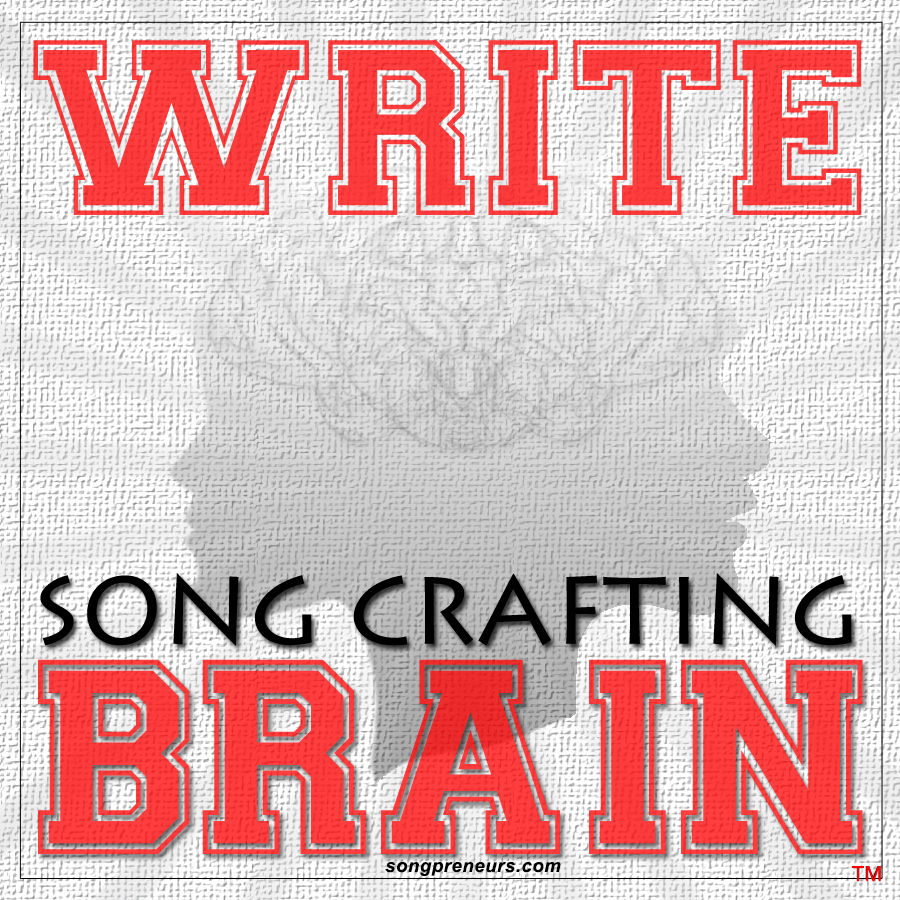Idea Finding & Hook Books
- Songpreneurs HQ

- Jan 4, 2018
- 2 min read
Updated: Dec 14, 2019
Songwriters agree; the first step to writing a great song is starting with a great idea. Anyone who has ever written more than a handful of songs knows, sometimes finding an idea is easier said than done.

Here’s the scenario: You’re sitting alone in your room. Everything is quiet. You’ve got your guitar in your hands, a cup of steaming hot coffee on the table in front of you & a blank piece of paper and pen. You sit there, waiting for brilliance to strike your brain. You doodle on the paper. You fiddle around with your guitar. Nothing. No idea. You are stuck.
“There’s a scientific reason to keep a hook book”
All songwriters know this feeling. It is probably the most frustrating of all songwriter experiences.
You have the desire, the time & the opportunity to write a song, but the one thing you are lacking is the one thing that you need to get started: an idea.
How can you ensure that you never again face this horrible situation?
Start a hook book.
Many of us already have a hook book because we have learned from experience (the hard way) that we are very likely to forget the majority of those great ideas that go scrambling through our brains throughout the course of the day.
There’s a scientific reason to keep a hook book, too. It has been shown in studies that one of the top ways to increase creative output is to keep a notebook of new ideas.*
All writers who keep such a notebook know that very quickly, things can get terribly disorganized.
You’ll stuff scraps of paper and receipts into your book, you’ll scribble illegibly in the dark when you wake up in the night with an idea, and all other sorts of creative-person mishaps will befall your hook book.
However, since we are beginning with the end in mind, it’s important to at least try to organize ourselves for success as we design our hook book aka notebook of new ideas.
The following are some suggestions on how you might want to set up your hook book so that you can easily flip through it and find information you need to get your songwriting session started.
study performed by psychologist Robert Epstein.
Read the complete article in the Members Library and download your exclusive Activity Worksheet.
Not a member? You can purchase the full Article in the Shop.





















Comentários